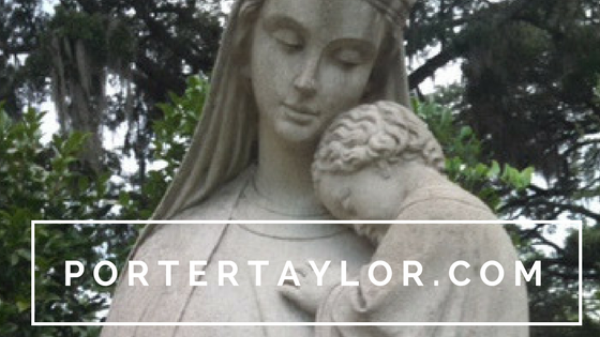Thomas Merton
Part of my time at Virginia Seminary has been spent teaching an Adult Sunday School class on Thomas Merton at St. John’s Episcopal Church in Georgetown. I had forgotten what an amazing and generous mind Merton had and how helpful his observations are for us today.
Merton’s interests were beyond the Church, spirituality, and contemplative prayer. He engaged the issues of his day—racial justice, peace, ecumenism, and interfaith work as well as poetry and photography. He reminds me that we can’t control when we are born or what we must encounter. He lived through the assassinations of both Kennedy brothers and Martin Luther King, Jr. as well as the Vietnam War. the struggle for civil rights, and Vatican II. Although he brought great attention to the Roman Catholic Church and the Trappist Order, he also was constantly pushing the boundaries even as those in authority pushed back.
The point is he showed us how to keep a contemplative stance in a tumultuous world. Among his many writings, I hold on to a handful for constant solace and direction. In 1965 he wrote a letter to James Forest that I come back to again and again.
And then this: do not depend on the hope of results. When you are doing the sort of work you have taken on, essentially an apostolic work, you may have to face the fact that your work will be apparently worthless and even achieve no result at all, if not perhaps results opposite to what you expect. As you get used to this idea you start more and more to concentrate not on the results but on the value, the rightness, the truth of the work itself. And there too a great deal has to be gone through, as gradually you struggle less and less for an idea and more and more for specific people. The range tends to narrow down, but it gets much more real. In the end, as you yourself mention in passing, it is the reality of personal relationships that saves everything….
So the next step in the process is for you to see your own thinking about what you are doing is crucially important. You are probably striving to build yourself an identity in your work and your witness….All the good that you will do will come not from you but from the fact that you have allowed yourself, in the obedience of faith, to be used by God’s love. Think of this more and gradually you will be free from the need to prove yourself, and you can be more open to the power that will work through you without your knowing it.
The great thing after all is to live, not to pour out your life in the service of a myth: and we turn the best things into myths. If you can get free from the domination of causes and just serve Christ’s truth, you will be able to do more and will be less crushed by the invincible disappointments…. The real hope, then, is not in something we think we can do, but in God who is making something good out of it in some way we cannot see. If we can do His will, we will be helping in this process. But we will not necessarily know all about it beforehand.[i]
Our times are so confusing. It’s hard to know what action will help. I often wonder if I am merely contributing the increasing noise around us. However, to think about personal relationships instead of abstract causes helps, and to think about just trying to serve Christ’s truth instead of win some struggle over those whom I have identified as the problem reorients me. At the end, I have to find a way to be true to who I am and what I can do now to increase Christ’s presence where I am, and that’s enough. That’s more than enough.
So, I give thanks that almost fifty years later, Merton’s words are still a guide and a comfort and a light in the darkness for me.
+Porter
[i] in Thomas Merton: The Hidden Ground of Love (New York: Farrar, Straus, Giroux, 1985), pp. 294-297)
